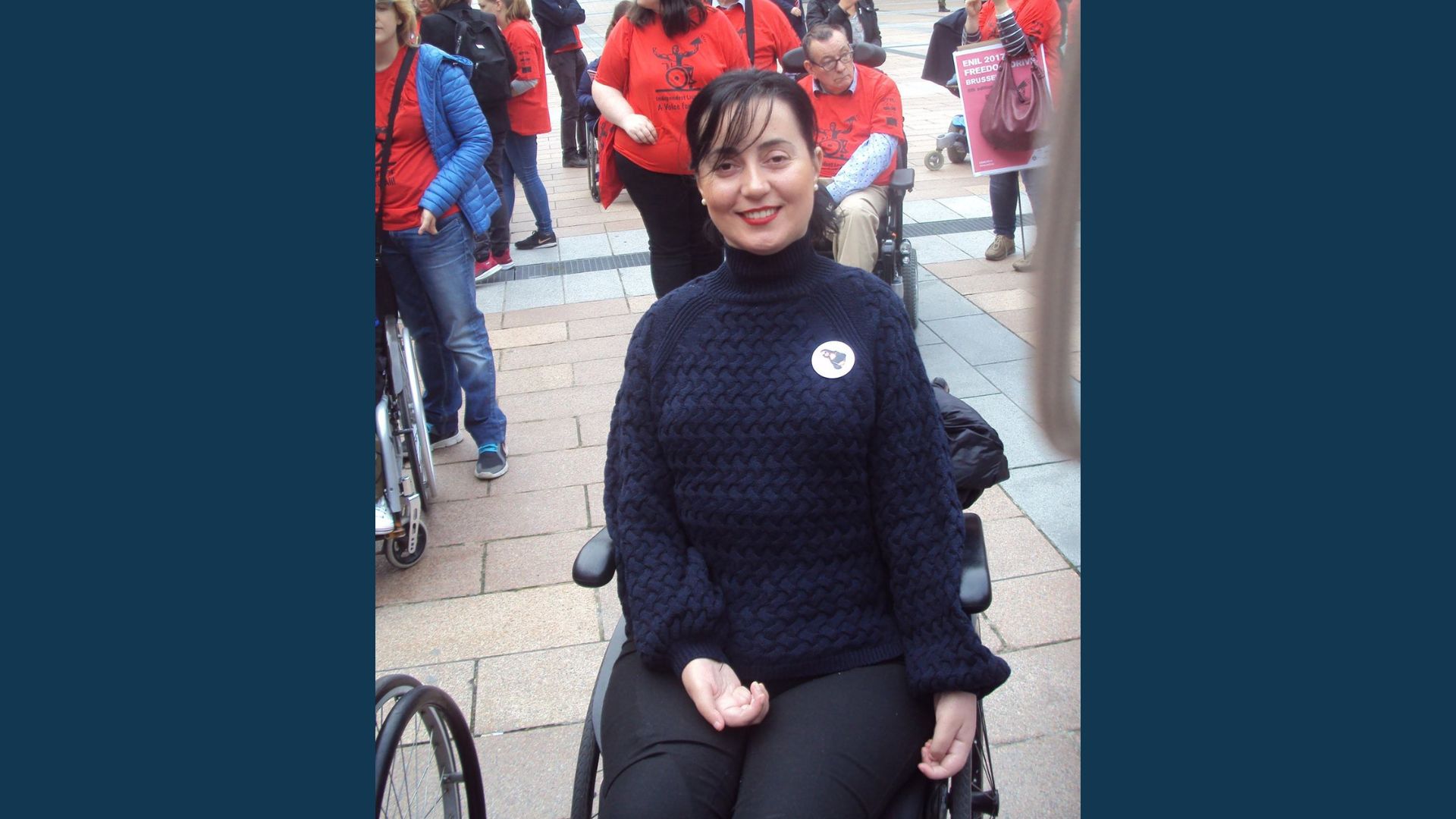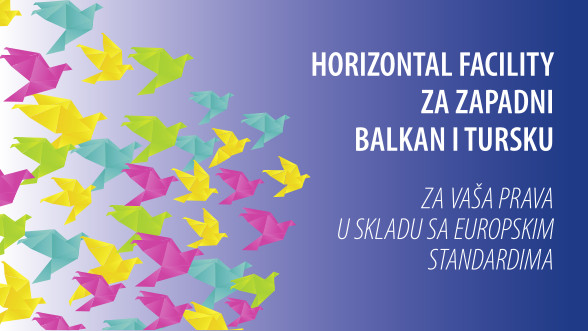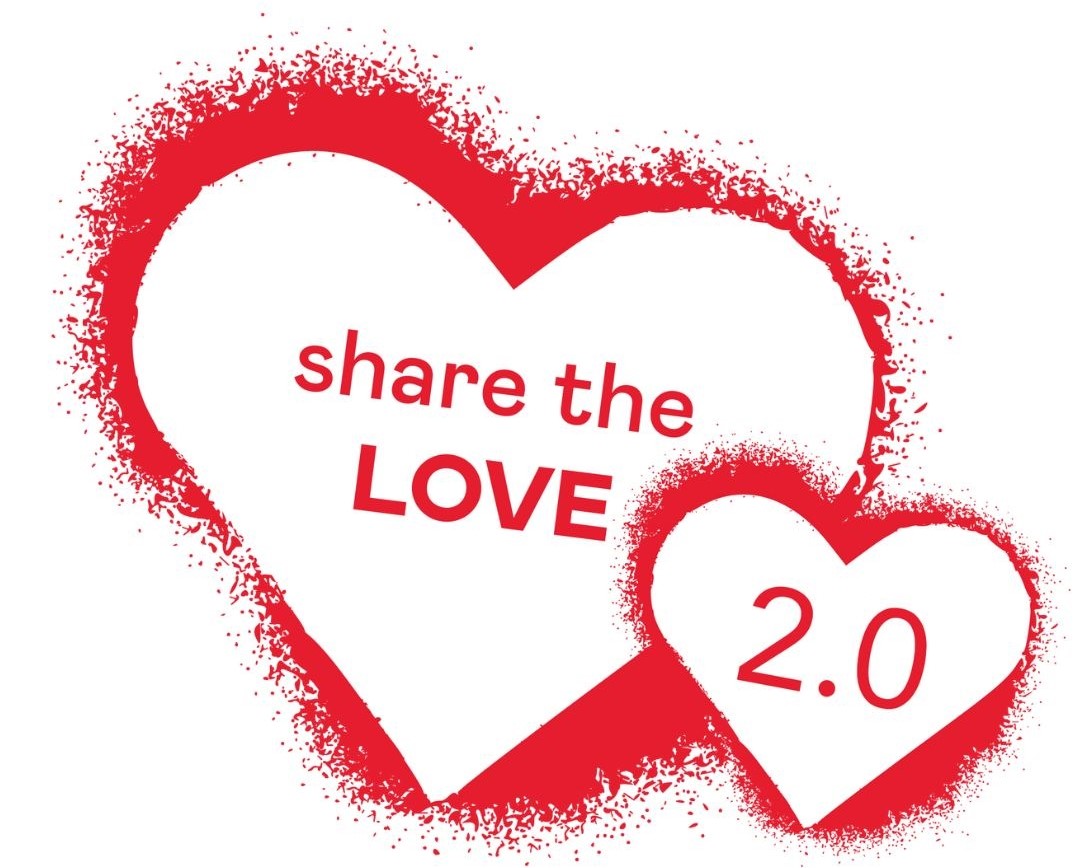Suela Lala, a prominent advocate for persons with disabilities in Albania, has spent over 15 years combating discrimination and promoting equality, focusing on accessibility, inclusion, and the protection of fundamental rights. She holds the position of the Executive Director of the “Së Bashku” Foundation. Under her leadership countless individuals and organisations were supported in reporting discrimination, navigating complaint mechanisms, and achieving tangible improvements in education, healthcare, employment, and public spaces. Through her work, she continues to raise awareness about systemic barriers faced by persons with disabilities in Albania and drive change, aiming to ensure that every person with disability can fully participate in Albanian society with dignity, equality, and access to effective remedies, in line with European standards and international obligations.
Could you tell us about the scope and work of the “Së Bashku” Foundation, and the efforts to fight discrimination, with a particular focus on accessibility?
"Persons with disabilities face discrimination across almost all aspects of life in Albania, including education, employment, healthcare, and social and cultural activities. Discrimination remains widespread, but the Foundation has successfully reported many cases, particularly those related to accessibility. Denial of accessibility in buildings, sidewalks, transport, and other public spaces constitutes direct discrimination, which can be challenged through the Commissioner for Protection from Discrimination or in court. While direct discrimination is easier to prove, indirect discrimination remains harder to address due to limited legal understanding and practice."
Why is it important for people to be able to submit discrimination complaints?
"We, most of the time, raise the complaints in the name of the organisation which has legitimate interests to do so, meaning that we represent not only the case in question, but the rights of persons with disabilities more generally. This approach allows us to follow cases through all procedural steps. However, persons with disabilities do report situations of discrimination to us and then we take it from there and raise a complaint. Of course, we ask for evidence, and after checking the evidence, we ask for an authorisation to raise the claim. But 99% of the time, the claim that persons with disabilities bring to us, is well-founded and therefore we do have high chances of getting a decision that recognizes discrimination.
I can share with you a recent case concerning a public building, where the disability assessment was carried out by the relevant commission in Shkoder, which meant that persons with disabilities visited that facility, on a frequent basis for assessing their status.. When the issue of accessibility for this facility was mentioned, the argument given was that the facility is temporary and is rented, therefore they cannot interfere. However, after raising the complaint, it became obvious that they are under an obligation in this particular case, to provide assessment in an accessible venue, and as a consequence they took all the necessary measures to rectify the situation."
What are the most frequent challenges people face when deciding whether to file a complaint?
"Fear of repercussions, especially when claims involve employers or closely connected institutions; this is a major barrier. Many people also fail to recognize that they are experiencing discrimination or are unaware that remedies exist through administrative proceedings or the courts. Regular training and outreach are essential to help persons with disabilities understand their rights and take action.
In this context, capacity building is also crucial. In September 2023, a training supported by the joint EU–Council of Europe action on “Advancing Protection from Discrimination in Albania” empowered 35 persons with disabilities to submit complaints. This highlighted the ongoing need to promote complaint mechanisms and help individuals recognise discrimination. As a direct impact, participants subsequently reported several concrete cases, which were successfully addressed through the Commissioner for Protection from Discrimination."
How do you assess the co-operation with the Commissioner for Protection from Discrimination?
"With over a decade of experience raising complaints, we find the CPD proactive and supportive. The procedure is straightforward, with the burden of proof on the respondent. Staff assist complainants without imposing unnecessary barriers while providing guidance and resources to help complainants understand their rights and navigate the process effectively. These joint efforts contribute in needed improvements to ensure physical accessibility of this community, particularly outside of Tirana but also to guarantee access to communication and information."
What advice would you offer to other organisations that want to help individuals report discrimination and seek redress?
"Don’t be afraid. The process is manageable, and concrete change is achievable. Build your pathway, and with experience, it becomes easier to address discrimination as it occurs.
In order to increase the understanding on the importance of the mechanism and its efficiency, we need to reach more persons with disabilities, particularly in more remote areas, where organisations and civil society may not be that present."
The inspiring work of Suela Lala and the “Së Bashku” Foundation shows how individual complaints can drive systemic change, boosting accessibility and equal opportunities for persons with disabilities. Supported by the joint EU–Council of Europe initiative, Advancing Protection from Discrimination in Albania, these efforts draw strength from the Council of Europe’s Disability Strategy 2017–2023 and the Strategy for the Rights of Persons with Disabilities 2021–2030.
By empowering individuals to recognise and challenge discrimination, and by fostering strong partnerships with key institutions such as the Commissioner for Protection from Discrimination and civil society organisations, this initiative is turning European standards into tangible improvements for the people in Albania.



